Vinçotte news blog
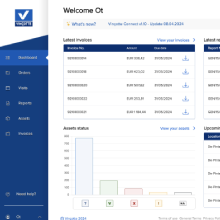
Vinçotte Connect is our brand new B2B customer portal that gives you access to all our products and services in one convenient place
Read more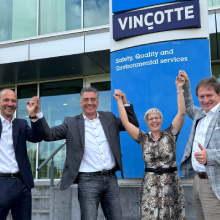
Vinçotte, member of the Kiwa Group, is expanding its service portfolio with a comprehensive suite of cybersecurity solutions.
Read more
Drinking water companies, like other vital companies, are preparing for IEC 62443, the international cybersecurity standard for Operational Technology.
Read more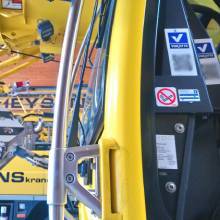
Gheysens Smart Lifting specialises in industrial removal, crane rental, specialist transport and transport of art. Most importantly, they form a team of experienced experts who are not afraid of a challenge. Being a family-run business, they also do everything they can to ensure that they optimise their safety and operations.
Read more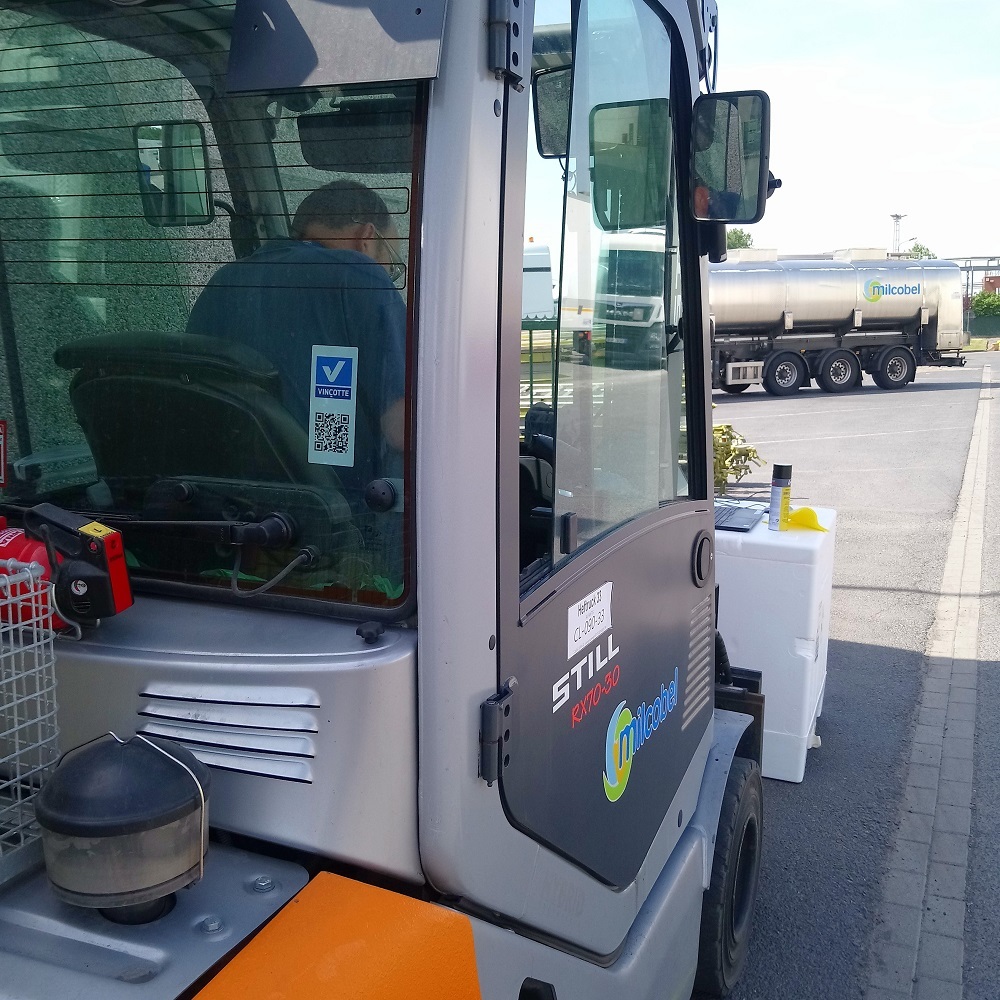
At Milcobel the Digi-Tags solution was implemented on lifting equipment inspected by Vinçotte which improved the auditing process in their Langemark site.
Read more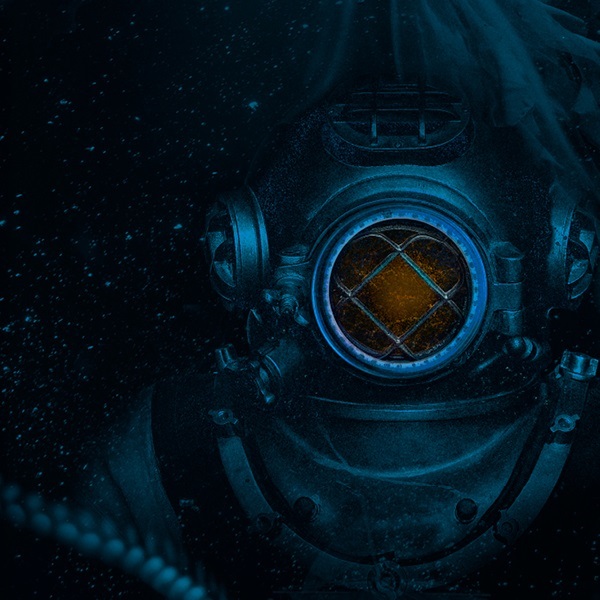
VINÇOTTE is nominated for the DataNews 2023 Awards for Excellence (category 9) as Enterprise Application Innovator of the Year! That makes us very proud but we would even be more proud if we could win an ICT award as a non-ICT company… and therefore we need YOUR support.
Read more
Vinçotte first started testing Japanese cars over 50 years ago. Since then, we have become big in Japan and we are the go-to partner for almost the entire market.
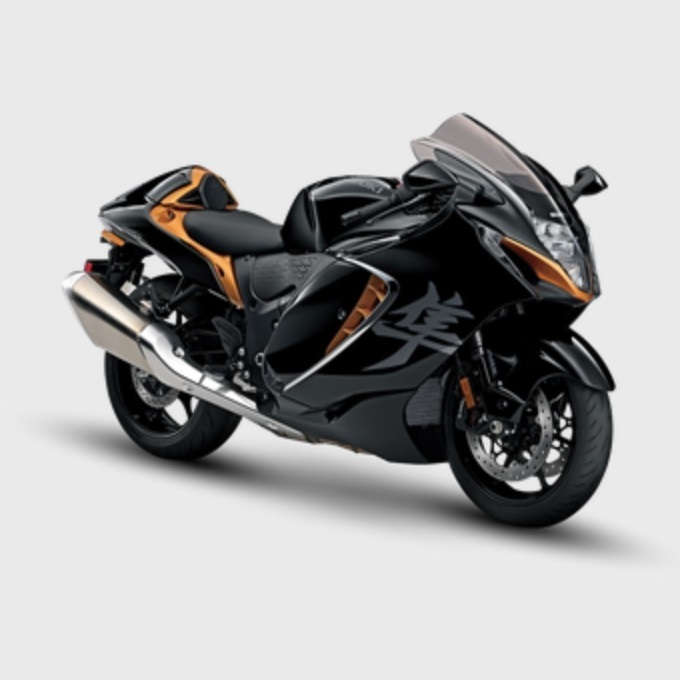
First launched in 1999, the Suzuki Hayabusa was developed under the concept of “The Ultimate Sport Bike” on public roads. The flagship model of Suzuki is now recognized as a legend and has gained even a cult status in the world.
Read more
Working with numerous customers, Vinçotte inspects a very high proportion of glass used in the automotive market. In Europe Vinçotte has most likely certified your windscreen or other glass panes on your vehicle.
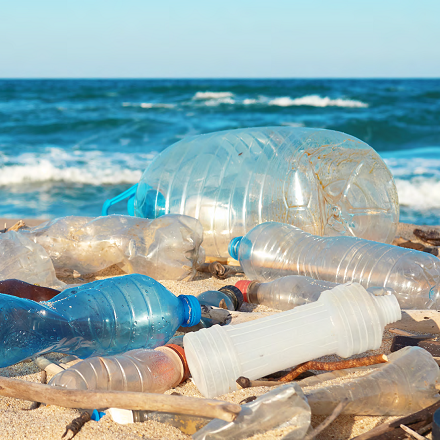
Today, it is estimated that close to 150 million tonnes of plastic are in the ocean. This number is only predicted to increase in the coming decades, even overtaking the biomass of fish by 2050. As plastic breaks down and penetrates living organisms, it disrupts their natural cycles… and also ends up on our plates.
As for the billions of tonnes of plastic remaining on land, a mere 7 to 10% are being recycled1. The rest ends up in massive landfills, pollutes the soils, or is burned – releasing dangerous toxins into the air and contributing to greenhouse gas emissions.
Read more- 1
- 2

